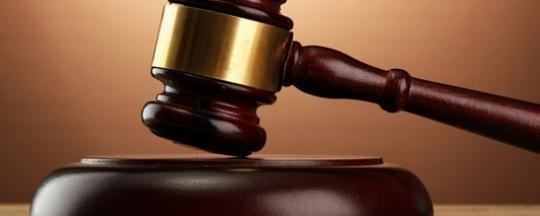Focus on the Agreement is a series of reports broadcast on Radio Tamazuj to explain the contents of the peace deal signed in August 2015 between South Sudan’s warring parties. This is the 26th episode in the series.
In our previous episode we discussed the role of the Compensation and Reparation Authority and today we will continue to look at Chapter 5 of the peace agreement, which is about accountability. Chapter 5, Article 4 of the peace agreement is about the eligibility of officials to participate in the transitional government and successor governments.
This part of the peace agreement is important because it blocks indicted war criminals from participating in government.
Specifically, the agreement says that “Individuals indicted or convicted by the Hybrid Court for South Sudan shall not be eligible for participate in the Transitional Government of National Unity, or in its successor goverment(s) for a period of time determined by law.”
If a person who is already a part of the transitional government is indicted by the hybrid court, then he will lose his position in government. But if this person is later proven innocent by the court, then he will be eligible for compensation as determined by law.
As we explained previously, the hybrid court will be independent and will be headed by an African judge. It may investigate and prosecute people for crimes of genocide, crimes against humanitary and war crimes. The prosecutor of the court will also be from another African country, not from South Sudan.
This part of the agreeement means that some current members of government or members who later join as part of the transitional government may later be removed from their positions after judicial investigations.




